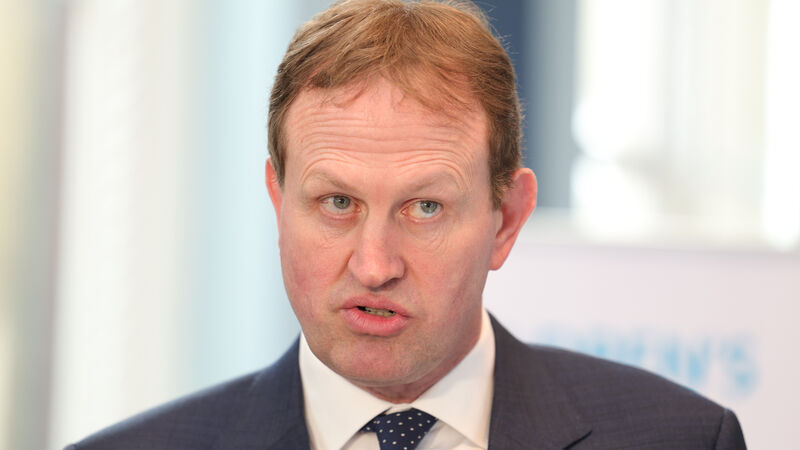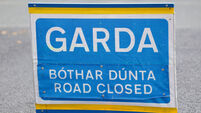Fianna Fáil minister stands up for lawyers amid criticism of Catherine Connolly

The minister for justice Jim O'Callaghan said he was 'not going to catapult himself into the centre of the presidential election in the last week' but that 'lawyers are retained to provide legal services'. File photo: Leah Farrell / © RollingNews.ie
Justice minister and Fianna Fáil TD Jim O’Callaghan has said he does not believe “it's correct or fair to criticise lawyers because of the actions of their clients” as Fine Gael ramps up its criticism of Catherine Connolly.
Fine Gael has questioned the independent presidential candidate Ms Connolly's work as a barrister for banks during home repossession cases during the crash.













